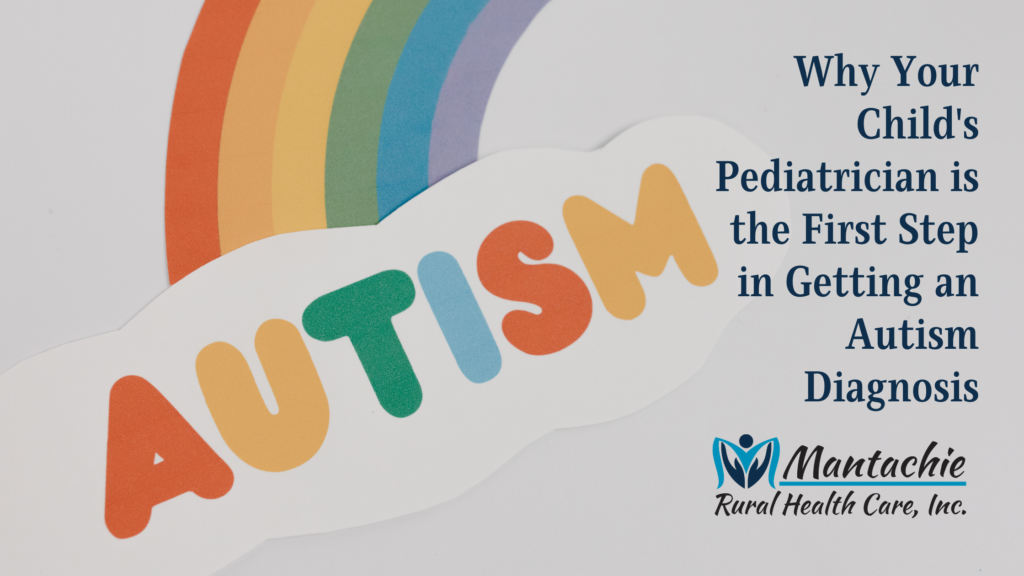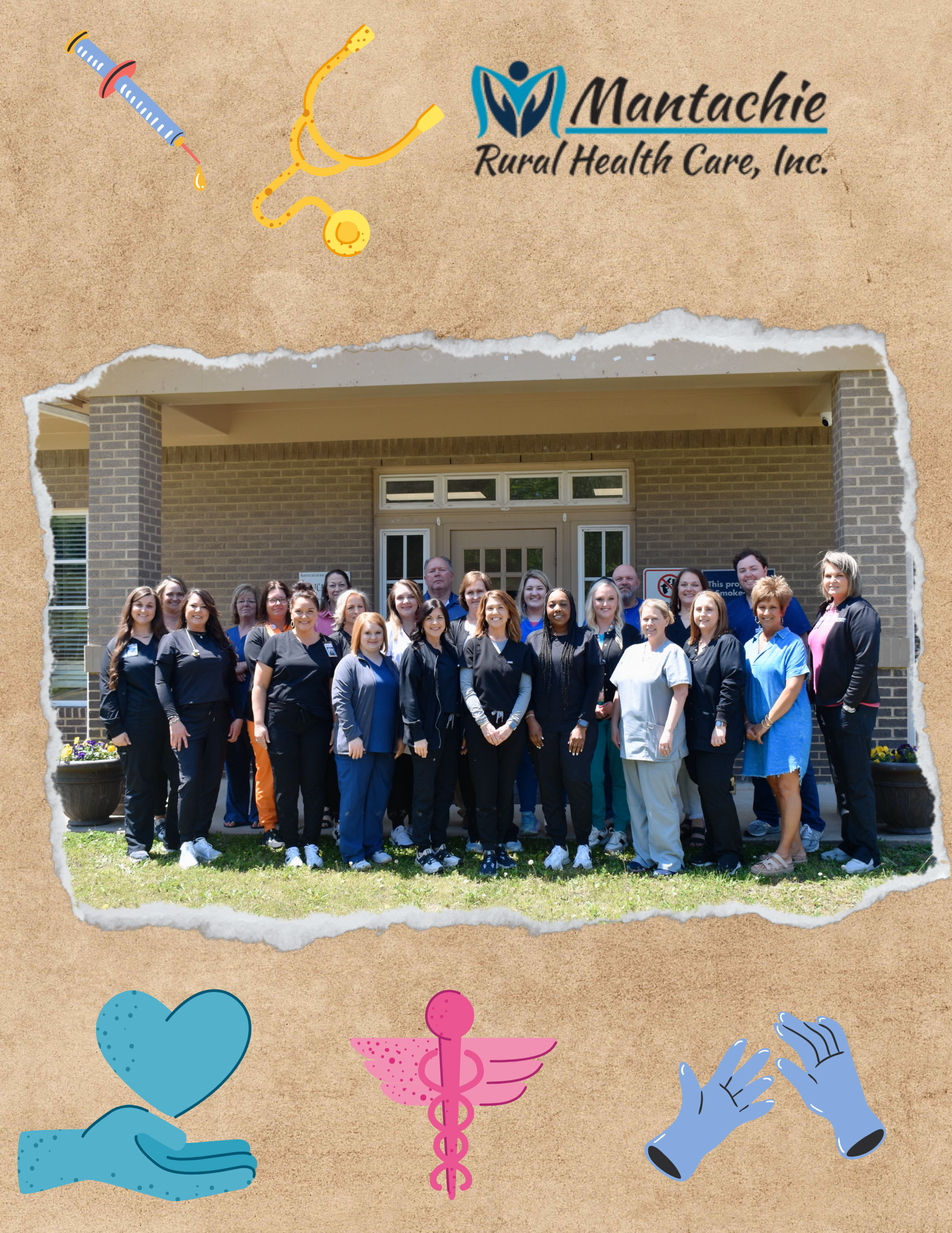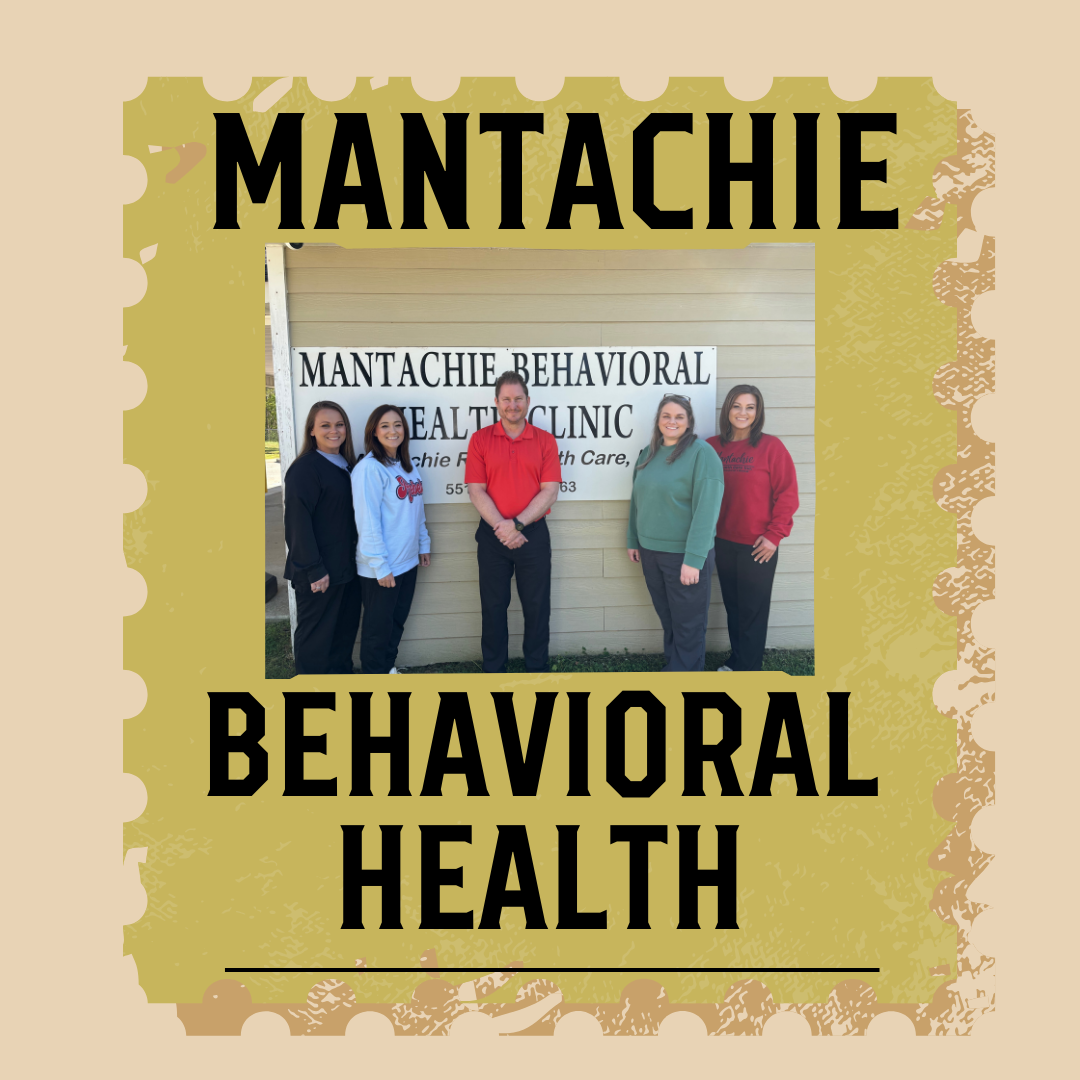
The idea of an autism diagnosis for your child frightens many parents. However, that diagnosis provides the first step in your child’s journey to grow and learn to function in a world full of neurotypical people. Receiving a diagnosis and information on the next steps can actually relieve a parent’s anxiety over autism. Your child’s pediatrician is the first step in getting an autism diagnosis.
Why Your Child’s Pediatrician is the First Step in Getting an Autism Diagnosis
Today, we have more information about autism than ever before. Children can receive a diagnosis at a very young age–between 18 and 24 months. But, where do you begin seeking answers if you suspect your child could have autism? The first step is visiting your child’s pediatrician. Pediatricians can perform an Autism Spectrum Disorder (ASD) screening. A screening is not a diagnosis. It’s simply a way for medical providers to determine if a child shows certain signs of autism and should be examined further by an autism specialist.
The American Academy of Pediatrics recommends that all children be screened for autism between the ages of 18 months and 24 months, regardless if they show signs of ASD. The Modified Checklist for Autism in Toddlers Revised with Follow-up or M-CHAT-RF is a 23-point questionnaire filled out by the parents. It is the most common screening tool used by pediatricians. Most families find the questionnaire relatively easy.
If your child’s pediatrician determines they need further testing, they will refer you to a specialist near your area. They may refer you to a developmental pediatrician, a pediatric specialist in ASD, or they may refer you to a mental health professional who also specializes in autism spectrum disorder. Both specialists are highly experienced in diagnosing and treating autism spectrum disorder.
If your child is a patient of Mantachie Rural Health Care, we can help you take the first steps in getting a diagnosis. Call 662-282-4226 or click here to schedule their visit today.





